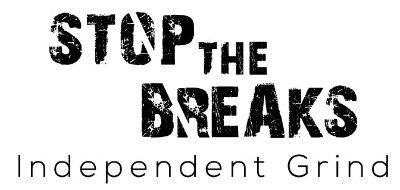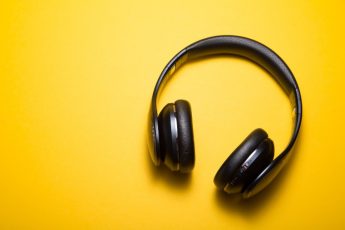
Music production has come a long way since the days of analog recording. Today, anyone with a computer and some basic equipment can make professional-sounding tracks. However, the abundance of information available can be overwhelming for beginners.
If you’re new to music production, don’t worry – this beginner’s guide will show you everything you need to know to get started. By the end of this guide, you’ll have the knowledge and tools to start creating your own music in 2023.
Important Music Production Gear to Get Started
Laptop or Desktop Computer
A computer is the most basic equipment you will need to get started in music production. You can use a laptop if you travel a lot or a desktop computer. It’s essential to have a powerful computer that can handle the demands of music production software. Focus on hard drive space, CPU power, and RAM memory.
Audio Interface
An audio interface connects your computer to your recording equipment, such as microphones and instruments. It allows you to record high-quality audio into your DAW (Digital Audio Work Station). All you need is two ins/outs audio interfaces to get started.
Microphone
A microphone is an invaluable tool to record vocals and instruments. There are different types of microphones available, and you can choose one based on your recording needs.
Headphones
A good pair of headphones is for monitoring your recordings and mixing your music. Headphones help you hear the details of your recording so you can make necessary adjustments.
Studio Monitors
Studio monitors are speakers that are designed for music production. They provide a flat and accurate response, which allows you to hear your music as it’s meant to be heard.
MIDI Controller
A MIDI controller is a hardware device that allows you to control virtual instruments and software synths in your DAW. You may need a 25-key MIDI keyboard to make music in your studio.
Cables
Various cables are needed to connect all the relevant equipment you’ll be using, including XLR cables for microphones and what you might you might need for keyboards, guitars or other instruments.
Soundproofing and Acoustics
If you’re a new music producer, chances are you don’t have access to expensive sound booths or studios. In that case, you can turn any room in your home into a functioning music production studio.
Soundproofing helps to reduce external noise from entering the recording space, which can interfere with the quality of the recorded music. External noise can be anything from traffic noise, conversations, or even the sound of footsteps.
Acoustics, on the other hand, is important because it helps to control the sound within the recording space. This includes factors such as the reflection of sound waves, the absorption of sound waves, and the diffusion of sound waves. These factors can affect the sound quality of the recorded music, making it either sound too muddy or too bright.
By creating soundproofing and acoustics in the recording space, producers can ensure that the sound quality of the recorded music is of high quality.
How to Soundproof a Room and Create Acoustics
To soundproof your room, seal off any cracks or gaps in the door, windows, and walls to prevent noise from entering or leaving the room. Install a soundproof door that seals tightly.
Use acoustic panels on the walls to absorb sound waves. These panels can be made of foam, fiberglass, or other materials and can be placed strategically around the room to improve the acoustics.
Choose Your Digital Audio Workstation
As a beginner music producer, it’s essential to choose the right digital audio workstation (DAW) as it will be the main tool you use to create and produce music.
A DAW is a software application used for recording, editing, and producing audio files. There are various DAWs available, and each has its unique features, capabilities, and user interface.
Some DAWs are better suited for electronic music production, while others are designed for live recording and mixing. The DAW you choose should have tutorials, help files, and a supportive community to guide you through the learning process.
Use Other Music as a Reference
When you’re new to music production, it can be difficult to start developing your sound without references.
Take a look at copyright free music because it can help you understand the elements and structure of a successful song. By listening to other music in your genre, you can identify the common elements, such as the tempo, chord progressions, and instrumentation, that make up a successful track.
If you’re successful in producing music, you can start making tracks for content creators.
Final Thoughts
Once you have your equipment and a basic idea of the type of music you want to make, you can start developing your own unique sound. When you’re done creating your music, upload your tracks onto popular streaming sites such as YouTube or Spotify to start getting feedback from your listeners.
Getting constructive feedback will help you create more professional-sounding tracks. Use the tips in this article to help guide you through the beginning stages of
! Who knows – one day, you may become the next Tiesto!



